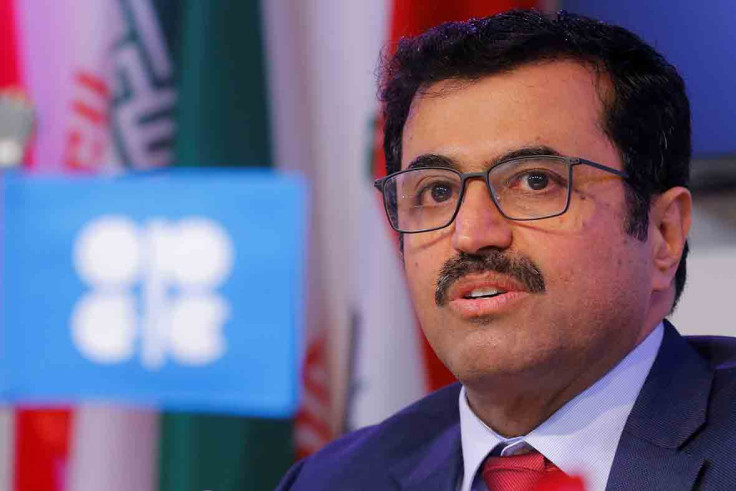Qatar oil minister calls for Opec production cuts to be extended beyond June
Mohammed Saleh Al-Sada tells Qatar-UK Business Forum that Opec cuts have been successful and need to be extended beyond Q3 2017.

Qatar's energy minister and its chief Opec envoy Mohammed Saleh Al-Sada has called for oil productions cuts instituted by 11 non-Opec producers in concert with Opec to be extended beyond June.
The historic agreement, a first of its kind in 15 years, was inked by both sets of producers in December 2016. It was designed to take almost 1.8m barrels per day (bpd) of crude oil production offline and is due to expire towards the end of June.
However, speaking at the Qatar-UK Business and Investment Forum in London on Monday (27 March), Al-Sada said the agreement should be extended "beyond the third quarter of 2017" for the crude market stockpile overhang to ease.
"Opec and non-Opec producers are trying to stabilise both the supply and demand balance, as well as the stockpile overhang. Opec has complied by up to 96% of the cuts it promised, while non-Opec compliance is almost at 65%; this is unprecedented.
"Of course, the demand side depends on macroeconomic factors beyond our control. I feel it is the stockpile overhang, in the region of 285 million barrels, which needs to be taken away; only then can the market be fully balanced."
Al-Sada opined that he would "like Opec cuts to continue" so that the market can be rebalanced. "If the cuts are extended, we should get that sense of balance around the third quarter of 2017."
Last month, Al-Sada hinted that he would like an extension to the cuts, but the latest remarks are his first official comments on his proposed direction of travel. It comes as oil benchmarks continue to slide in the face of rising US crude production, with the West Texas Intermediate having fallen below $50 for the first time in 2017.
At 3:32pm BST, the Brent front month futures contract was down 1.38% or 71 cents to $50.10 per barrel, while the WTI was down 1.69% or 81 cents to $47.16 per barrel.
Analysts at Vienna-based JBC Energy said, despite Al-Sada's comments, the current ability of individual producers to provide price support – with cuts currently in place – is limited unless a more collective statement is made by major producers.
"Many would like a continuation of the cuts by next month, although the market is only likely to learn for sure what the decision will be at the next Opec meeting in Vienna on 25 May. A primary concern remains how long Opec and other oil producers will be willing to support growth in US shale production. For stable – or higher – oil prices to materialise, each barrel produced in the US would in theory need to be offset by lower production elsewhere."
© Copyright IBTimes 2025. All rights reserved.






















